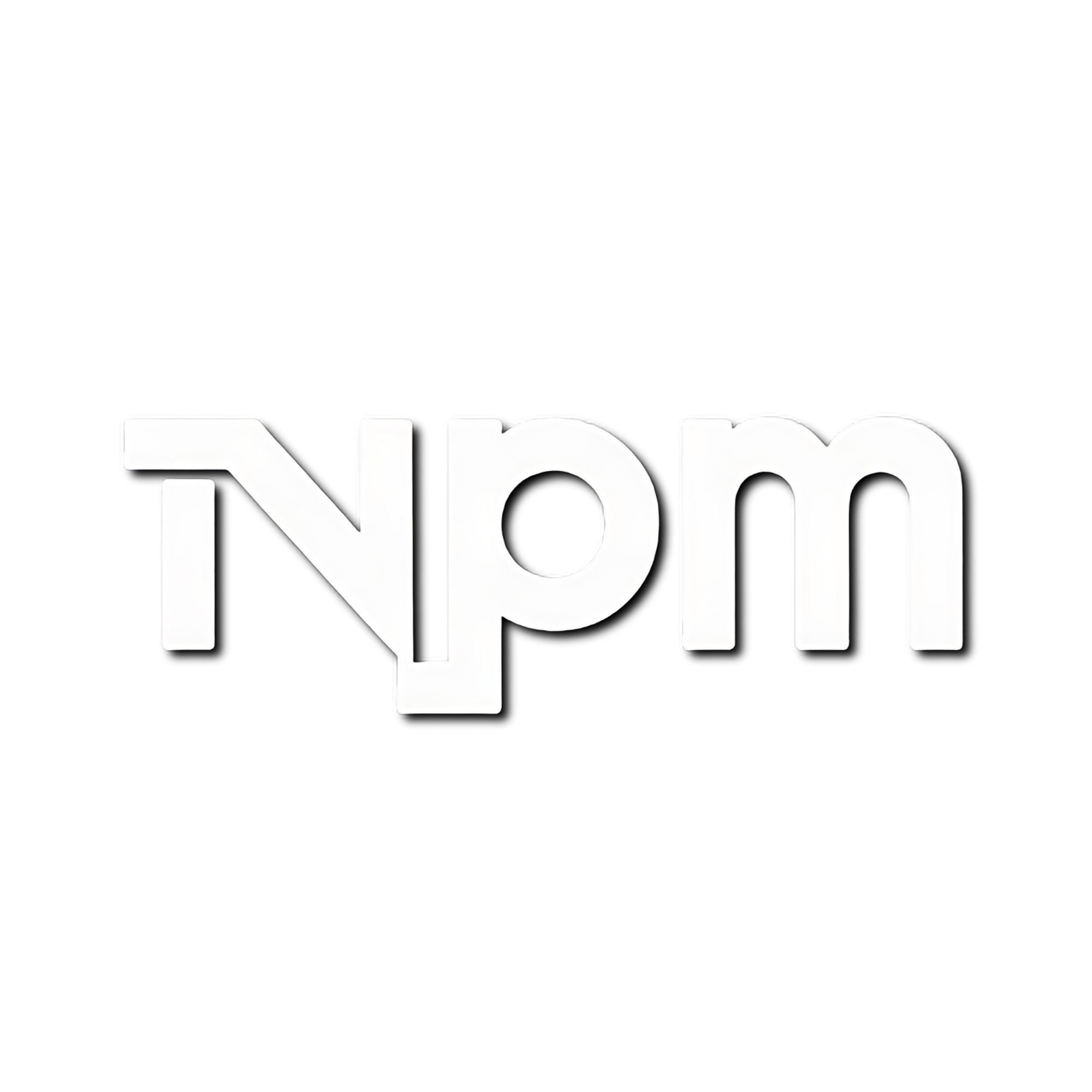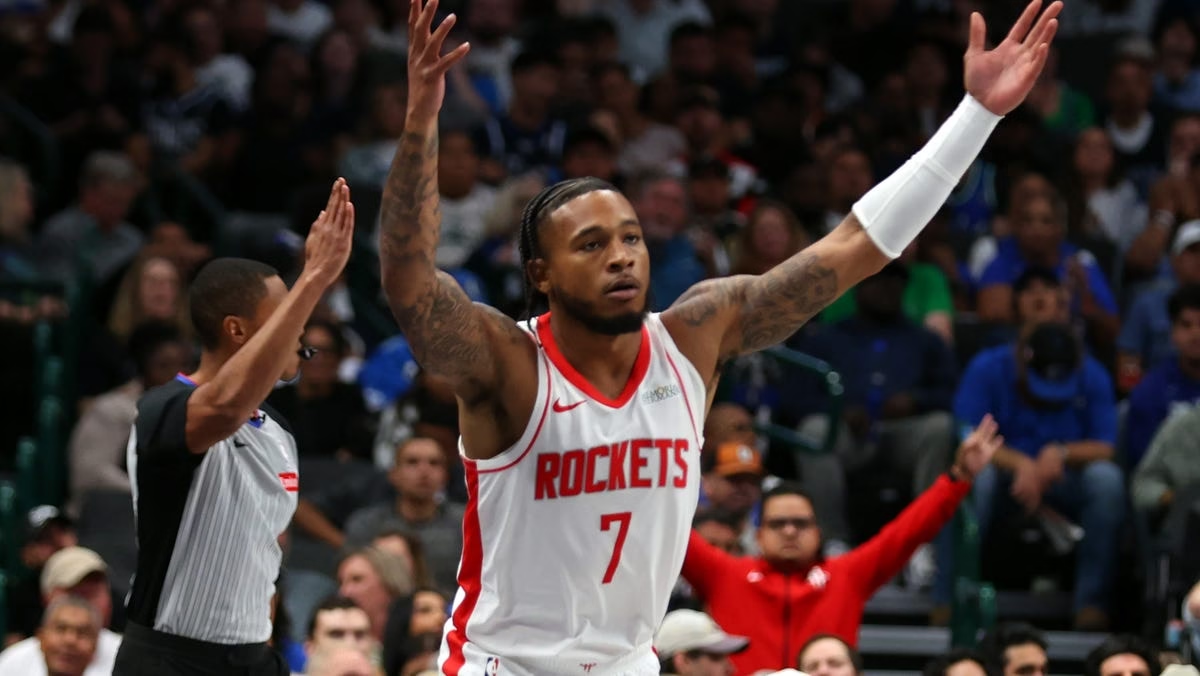Because of the Rockets’ roster crunch, any Cam Whitmore trade would likely involve future draft assets, per Danielle Lerner of the Houston Chronicle.
Entering his third NBA season, it’s been widely reported that the Houston Rockets are exploring Cam Whitmore trades due in large part to a lack of available minutes.
So, what would the Rockets get back in such a scenario? Understandably, it would be “non-player assets,” per Danielle Lerner of the Houston Chronicle. Houston being hard-capped at the first apron also makes this scenario more likely, since the Rockets don’t have much financial wiggle room at the moment.
Whitmore’s situation is challenging because the former first-round pick still doesn’t have a clear path to significant playing time this season after averaging 17.4 minutes per game over the last two. Ideally, the Rockets would like to trade Whitmore to a team where he could play more and one that offers the best value return; because of the Rockets’ roster crunch, that would take the form of draft picks.
The Rockets have nine established rotation players between the five projected starters (Fred VanVleet, Kevin Durant, Amen Thompson, Jabari Smith Jr., and Alperen Sengun) and Tari Eason, Steven Adams, Dorian Finney-Smith, and Reed Sheppard as top reserves.
Beyond those nine, Clint Capela, Jae’Sean Tate, and Aaron Holiday are also veteran options who played at least some rotation minutes for capable teams last season (Capela did so with the Atlanta Hawks, while Holiday and Tate were in Houston).
So, the minutes math is challenging for the 20-year-old Whitmore, who undoubtedly would love to showcase his value before he becomes eligible for a contract extension next offseason.
Drafted at No. 20 overall in the 2023 first round, the Rockets would ideally recoup a first-round asset for Whitmore, who has shown flashes of strong play over his first two NBA seasons. But Houston might not be able to get an unprotected pick for a talented but somewhat unproven prospect whose current deal has a maximum of two years remaining. (In contrast, a player drafted with a future first-round pick would be under a rookie-scale contract for up to four years.)
A compromise measure could be a team trading for Whitmore while sending out a protected first-round pick that likely conveys late in the round. Another path could involve swap rights.
Then again, with the Rockets facing pressures related to both finances and playing time, perhaps other teams will only offer second-round equity. In that scenario, perhaps general manager Rafael Stone would want to recoup some of the five second-round assets that he sent to Phoenix as part of the blockbuster Kevin Durant trade.
Or, if the Rockets aren’t offered what they view as appropriate value, it’s still at least plausible that Houston could stay the course and revisit his situation at a later date. Perhaps Whitmore could force his way into the rotation with a strong training camp and preseason, or maybe an unfortunate injury or two changes the equation.
Whatever the case, Stone and the Rockets are likely to consider these types of options over the next few days. Houston will need to be at or under the first apron when its wave of recent additions (Durant, Finney-Smith, and Capela) becomes official on Sunday, July 6, which is the day the NBA’s current transaction moratorium is lifted.


Leave a Reply